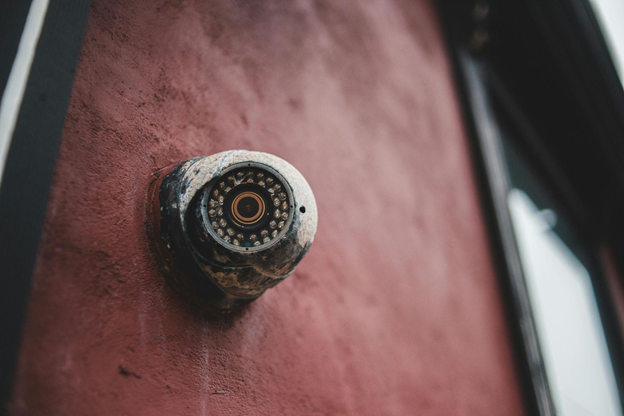In today’s world, ensuring the safety and security of our homes is more important than ever. A residential video surveillance system plays a crucial role in safeguarding your property and loved ones. This article explores what a residential video surveillance system is, its benefits, and how it can enhance your home security.
Understanding a Residential Video Surveillance System
A residential video surveillance system consists of cameras and recording devices installed around a home to monitor activity in and around the property. These systems can include both indoor and outdoor cameras, and they are designed to provide continuous or motion-triggered recording. The main goal is to deter potential intruders, capture evidence in case of an incident, and provide peace of mind to homeowners.
Key Components of a Residential Video Surveillance System
A typical residential video surveillance system includes several key components. These usually consist of cameras, a digital video recorder (DVR) or network video recorder (NVR), and a monitoring system. Cameras can be either wired or wireless, and they come in various types, such as bullet, dome, or PTZ (pan-tilt-zoom) cameras. The DVR or NVR stores the recorded footage, which can be accessed remotely via a smartphone, tablet, or computer.
Benefits of Installing a Residential Video Surveillance System
Installing a residential video surveillance system offers numerous benefits. Firstly, it acts as a deterrent to burglars and vandals. Visible cameras can make potential intruders think twice before targeting your home. Secondly, in the unfortunate event of a break-in, the footage can provide crucial evidence for law enforcement and insurance claims. Additionally, modern systems allow for real-time monitoring, enabling homeowners to keep an eye on their property even when they are away.
Choosing the Right Residential Video Surveillance System
When selecting a residential video surveillance system, it’s important to consider several factors. These include the type and number of cameras needed, the quality of the video resolution, and the storage capacity of the recording device. Homeowners should also consider whether they want a system that integrates with other smart home devices. Professional installation and consultation from experts, such as a locksmith, can ensure that your system is set up correctly and meets your specific security needs.
Integrating Video Surveillance with Home Security
Integrating a video surveillance system with other home security measures can provide a comprehensive security solution. For instance, combining cameras with motion sensors, smart locks, and alarm systems can enhance the overall protection of your home. Many modern surveillance systems offer compatibility with smart home platforms, allowing you to control and monitor all security devices from a single app. Consulting with security professionals, such as a locksmith, can help you design an integrated system that maximizes your home’s safety.
Conclusion
A residential video surveillance system is an essential component of modern home security. It provides numerous benefits, from deterring criminal activity to offering peace of mind. By understanding the components and advantages of these systems, and seeking professional guidance when needed, homeowners can effectively protect their property and loved ones. Investing in a reliable and comprehensive residential video surveillance system is a proactive step towards ensuring your home’s safety and security.




